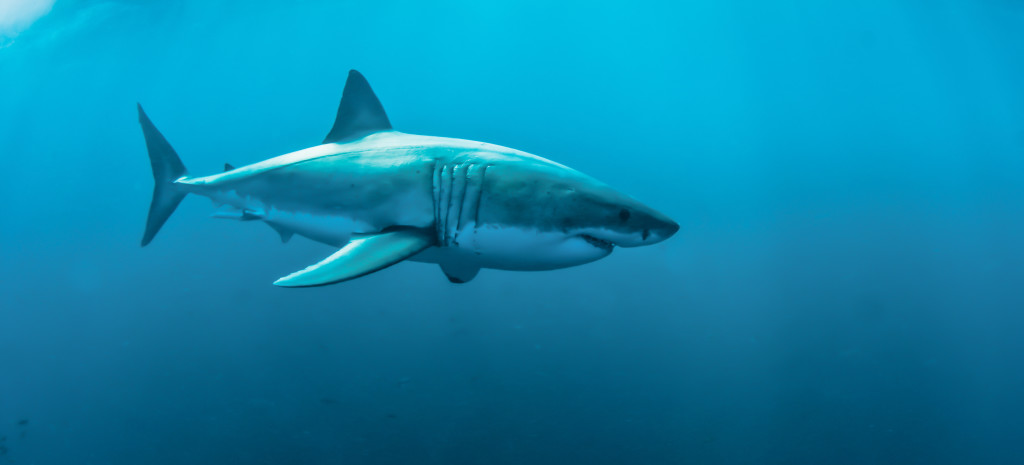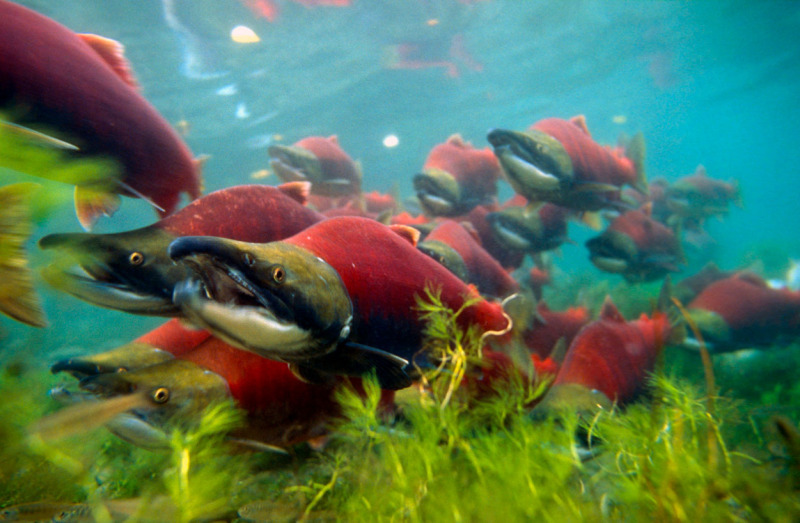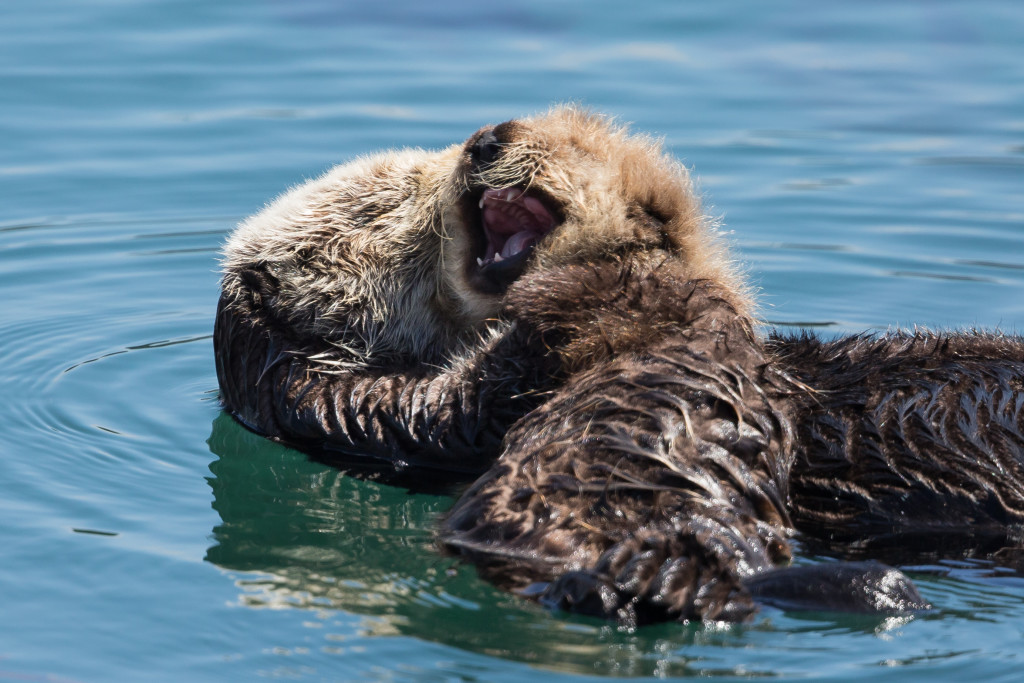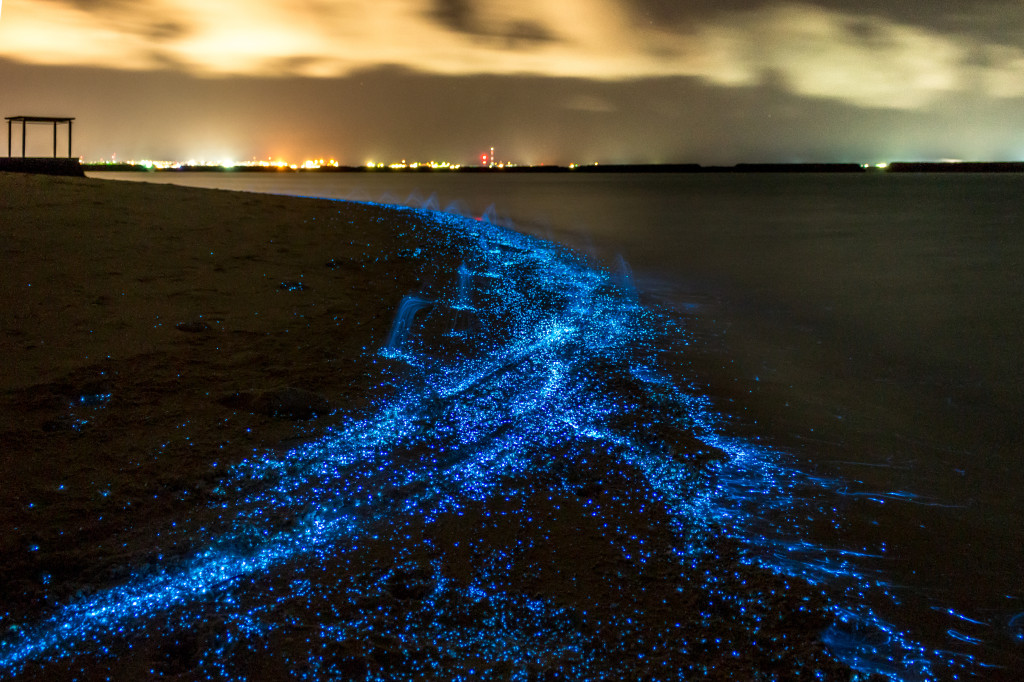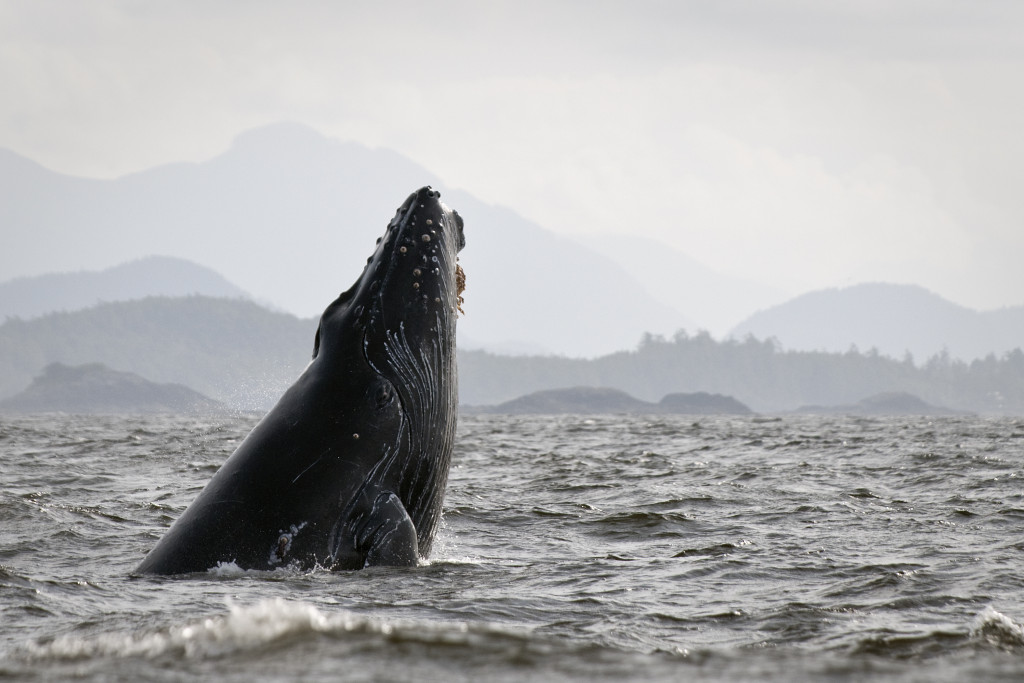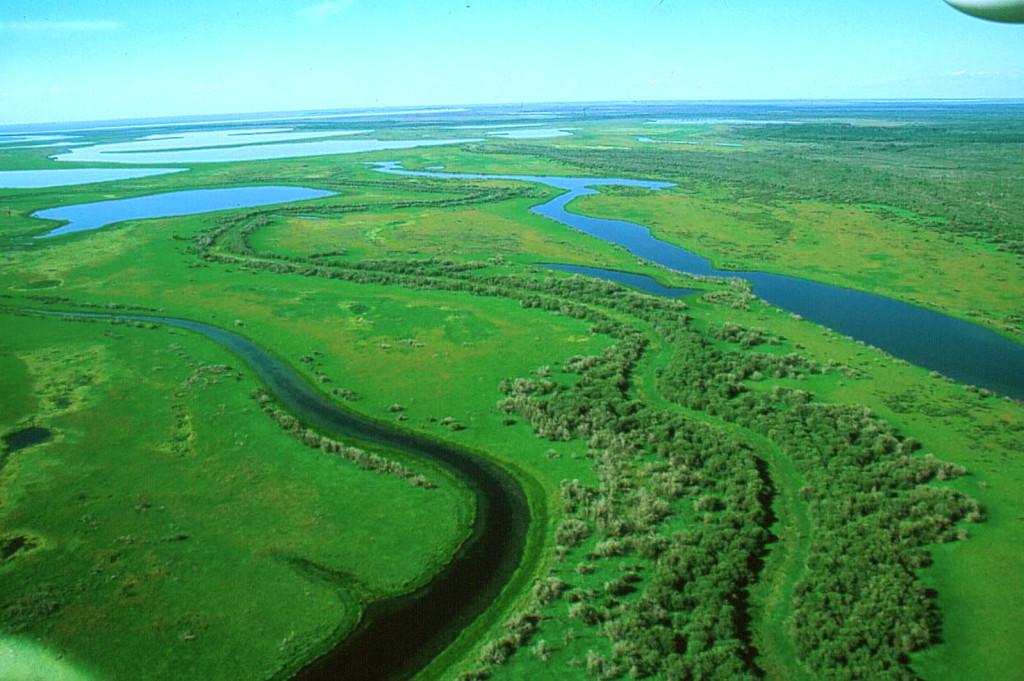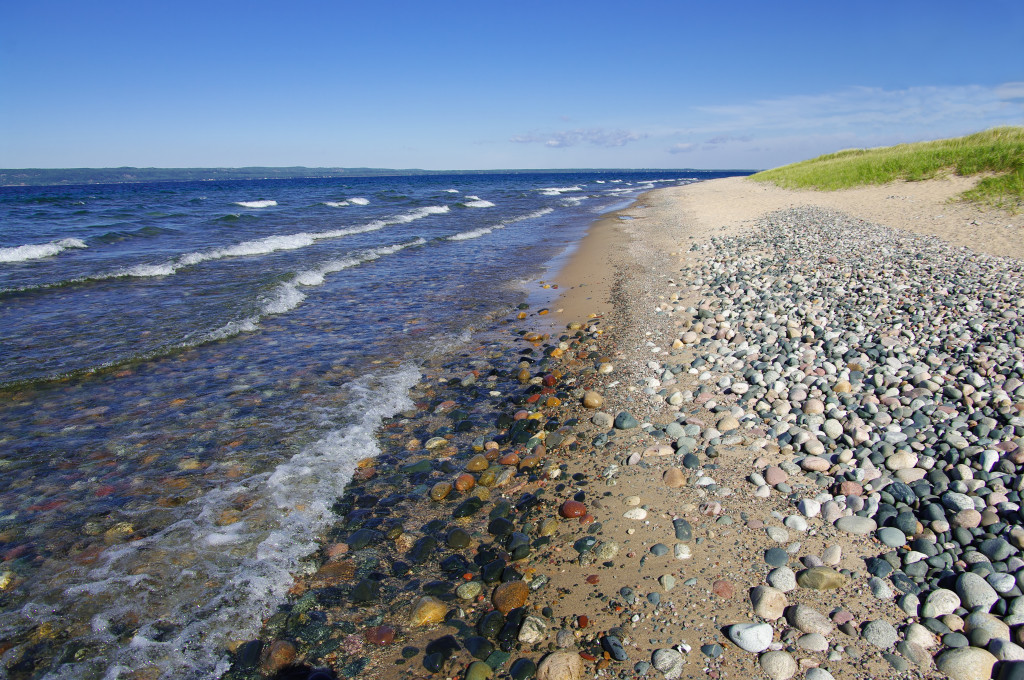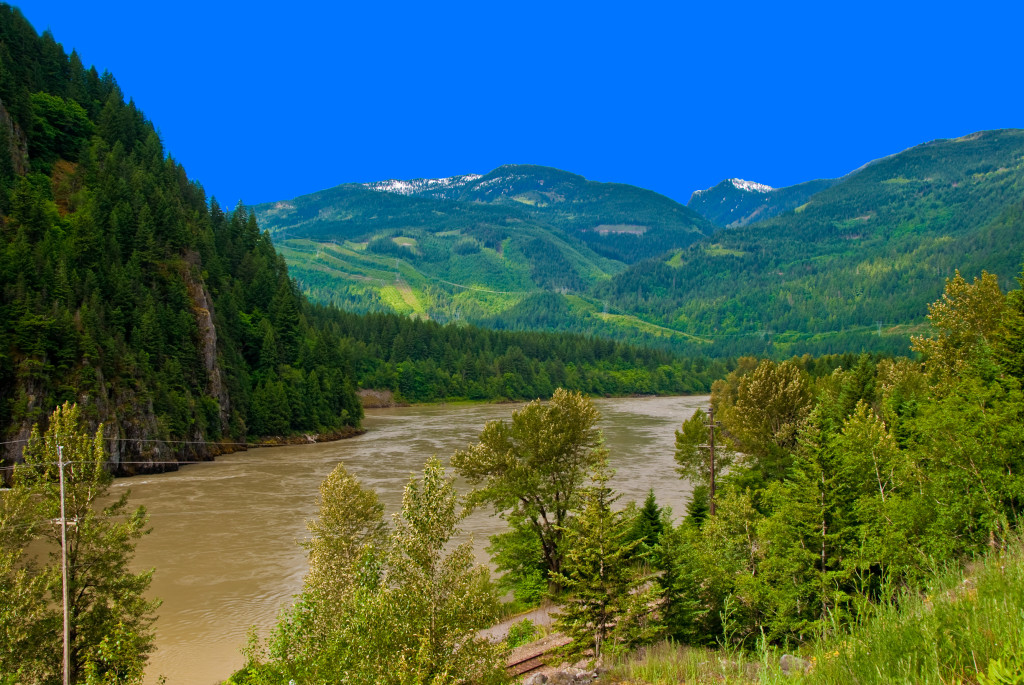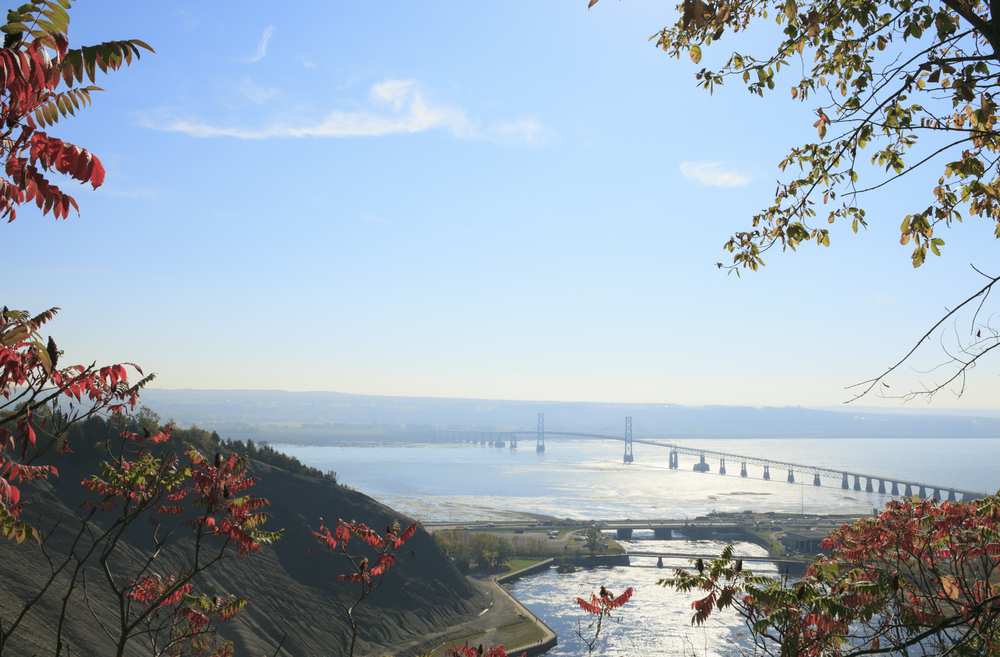7 fascinating facts about sharks
Sharks have roamed our planet’s oceans for more than 400 million years. Because of their size, strength, and toothy jaws, these evolutionary marvels have earned the reputation of ruthless, bloodthirsty predators. But this narrow-minded view of sharks has threatened their future. There’s a lot more to sharks than meets the eye, and with 27 distinct … Continued
Salmon: an iconic species under threat
It’s WWF Water Wednesday, when Love Nature television explores the unique characteristics, natural history, environmental challenges and threats facing waters and aquatic species in Canada and around the world, hosted by WWF-Canada president and CEO David Miller. Tonight at 9 p.m. ET/PT watch “Two Oceans” and read on about some of the threats facing Salmon … Continued
Five marine mothers and the incredible ways they care for their young
Underwater mothers face challenges and dangers we cannot imagine, including those posed by human activities such as pollution, habitat loss and underwater noise from shipping and development. It’s WWF Water Wednesday, when Love Nature television explores the unique characteristics, natural history, environmental challenges and threats facing waters and aquatic species in Canada and around the … Continued
Five of Canada's wildest islands
These isolated ecosystems boast some of the country’s most diverse populations of plants and animals, including rare and endangered species. It’s WWF Water Wednesday, when Love Nature television explores the unique characteristics, natural history, environmental challenges and threats facing waters and aquatic species in Canada and around the world, hosted by WWF-Canada president and CEO … Continued
5 reasons to thank plankton that you’re alive today
From the food we eat to the air we breathe, plankton help produce and sustain all life on Earth. [geoip-content country=”CA”] It’s WWF Water Wednesday, when Love Nature television explores the unique characteristics, natural history, environmental challenges and threats facing waters and aquatic species in Canada and around the world, hosted by WWF-Canada president and … Continued
5 astonishing facts about Canada’s whale populations
[geoip-content country=”CA”] It’s WWF Water Wednesday, when Love Nature television explores the unique characteristics, natural history, environmental challenges and threats facing waters and aquatic species in Canada and around the world. Tonight at 8 p.m. ET/PT watch Sperm Whales: Titans of the Deep and read on for five incredible facts about whales you’ll find in … Continued
5 reasons we need to protect the Peace-Athabasca watershed
[geoip-content country=”CA”] It’s WWF Water Wednesday, when Love Nature explores the unique characteristics, natural history, environmental challenges and threats of Canadian waters. Tune in to Love Nature on television every Wednesday at 8 p.m. ET/PT for WWF Water Wednesdays to learn more about other amazing watery environments found around the world. [/geoip-content] The Peace-Athabasca watershed … Continued
7 Reasons To Visit North Shore-Gaspé
It’s WWF Water Wednesday, when Love Nature explores the unique characteristics, natural history, environmental challenges and threats of Canadian waters. Tune in to Love Nature on television every Wednesday at 8 p.m. ET/PT for WWF Water Wednesdays to learn more about other amazing watery environments found around the world. Stretching from Eastern Quebec across Labrador … Continued
The magnificent Great Lakes
Next in the WWF Water Wednesday blog series by Love Nature is a fascinating look at the Great Lakes. Learn interesting things you may have not known about the Great Lakes watershed is the planet’s biggest freshwater ecosystem, encompassing 223,948 square kilometres. Millions of Canadians and Americans rely on the lakes and surrounding watershed for … Continued
Exploring the Fraser River watershed
The Fraser River Watershed flows 1,370 km through British Columbia, from its source at Mt. Robson Provincial Park in the Rockies, to meet up with the Pacific Ocean, at the Strait of Georgia, in Vancouver. Covering a huge range of habitats and ecosystems, the river comprises 12 unique watersheds each capturing a different aspect of … Continued
5 amazing facts about the St. Lawrence River
North America’s St. Lawrence water system—which includes the Great Lakes—is one of the largest in the world, and is responsible for draining more than a quarter of the Earth’s freshwater reserves. The artery of this system, the St. Lawrence River, reaches deep into the interior of this massive continent, connecting the Great Lakes system to … Continued

